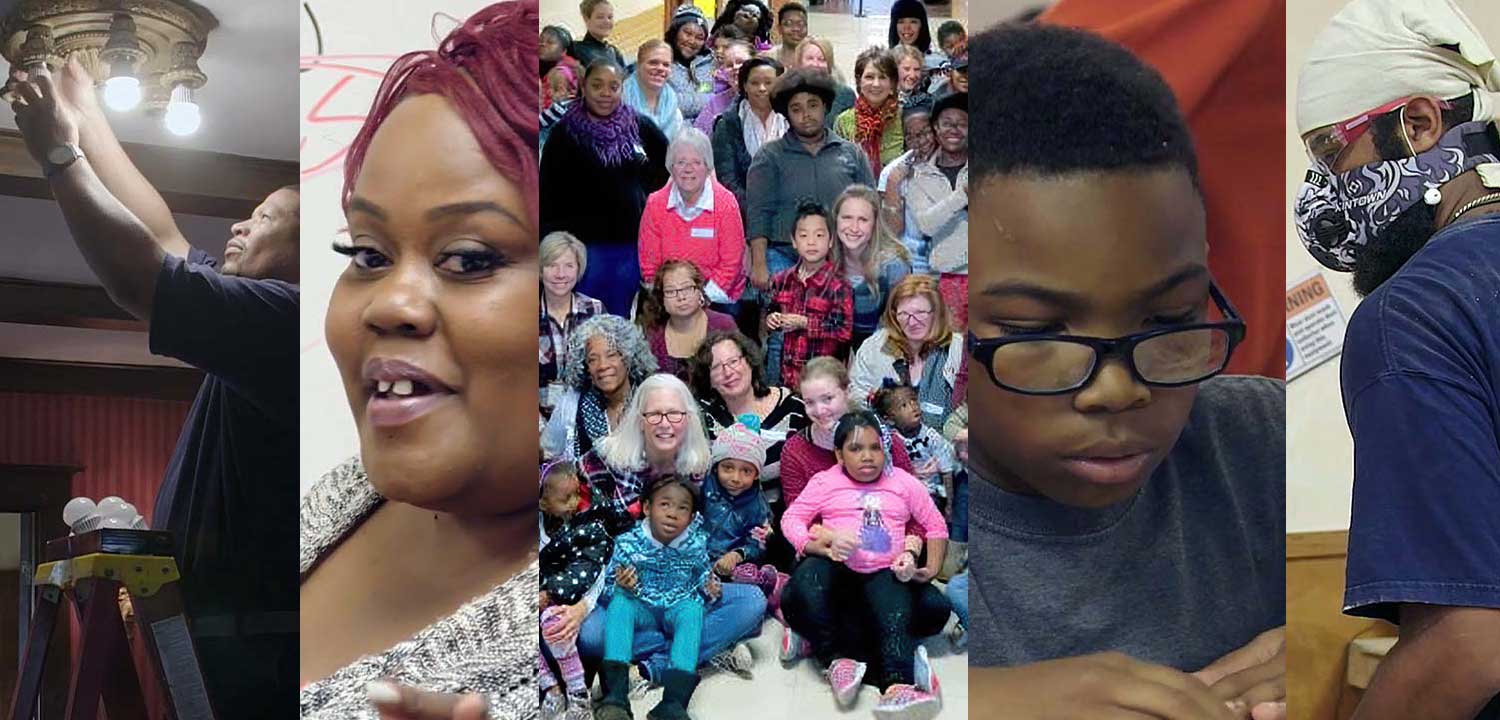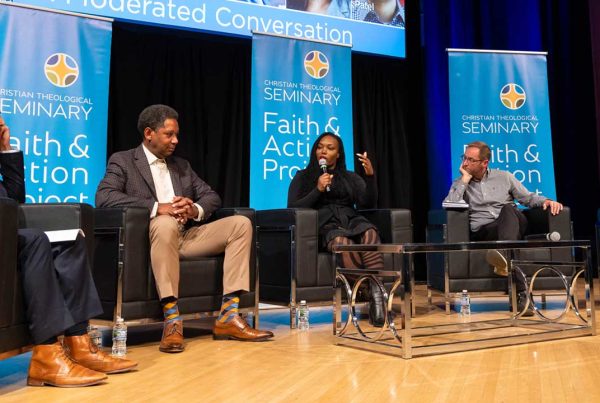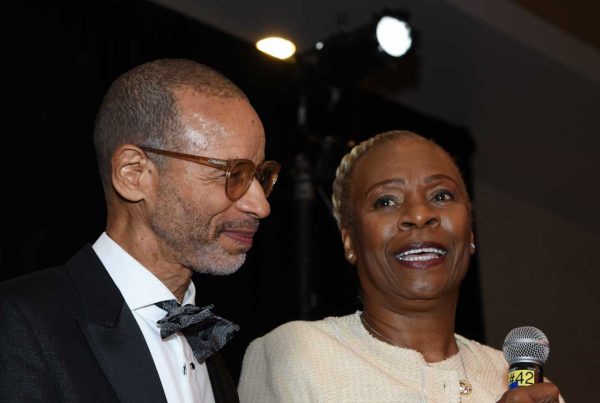Attributes of an Effective Faith & Action Grant Application
The Faith & Action Project recognizes that there are no quick fixes to addressing poverty or the multi-faceted, systemic issues that drive it. As such, Faith & Action seeks to serve as a catalyst for holistic solutions by informing, empowering, and activating our community – especially our faith communities – to provide pathways out of poverty rather than simply reducing the pain of poverty.
Specifically, the Faith & Action Grant Program seeks to scale up the work of local organizations that implement sustainable efforts to break the cycle of poverty for individuals and families. Through this work, Faith & Action seeks to provide access to key building blocks for sustainable economic security, including:
- Education (early childhood, K-12, post-secondary)
- Employment pathways (access to jobs, skills-based training, and development to access better jobs and careers)
- Safe and affordable housing
- Access to affordable health care and healthy food
- Networks of support and spiritual guidance
- Social capital (connecting to peers, neighbors, communities)
If your organization is interested in applying for a Faith & Action Grant, please consider the following attributes of an effective application as you write your application narrative. Please note that while not all of these items are required for the first-round submission, they will be required if your application advances to the second round of the process. For more information on the Grant Application timeline and process, click here.
Program Description
The narrative should include a clear description of the aspect of poverty your proposal addresses and how your work will measurably impact individuals and families in the community.
Outcomes
The application should offer clearly defined goals and outcomes, as well as a description of how impact will be achieved (i.e., equipping people, removing barriers, etc.) and what metrics will be used for evaluation. You should include a clear timeline that articulates expected tangible and measurable results.
Collaboration
The Faith & Action Project was founded on the notion that a lot of great work was being done to mitigate poverty in Indianapolis, but it was being done in silos. To drive success, we incentivize organizations to reduce duplicate efforts and forge partnerships that increase impact. Your proposed initiative should avoid redundancy with programs in nearby neighborhoods and partner with other groups and programs to provide wrap-around services. Programs that show strong collaborations with a faith community or faith-based organization will be given favorable consideration.
Budget
Your application must be clear about where grant money would go and how it will be used. The application should include a balanced budget, show how that budget works within an applicant’s larger budget, and make clear how granted funds will work with other revenues to provide adequate support throughout the proposed program period.
Sustainability
The application will provide solid evidence that the initiative can be sustained beyond the grant period and explain who will manage the initiative and their qualifications for that role.
Replicability and Scalability
The application will describe how the established program has demonstrated success and generated positive outcomes to date and how it can be scaled up with additional resources. It also will make the case – supported with a thorough evaluation of impact – that a scaled-up version of the existing program could have increased and long-term impact and will offer a clear vision for long-term scalability.
Faith Component
The application will explain the role the congregation or faith-based organization will play in breaking the cycle of poverty.
Finally, all organizations applying for the Faith & Action Grant Program are required to send a representative to attend the morning half of the Faith & Action Spring Conference. While attendance at the afternoon workshop is not required for the grant, it is an excellent learning opportunity. Spring Conference registration closes April 15.






